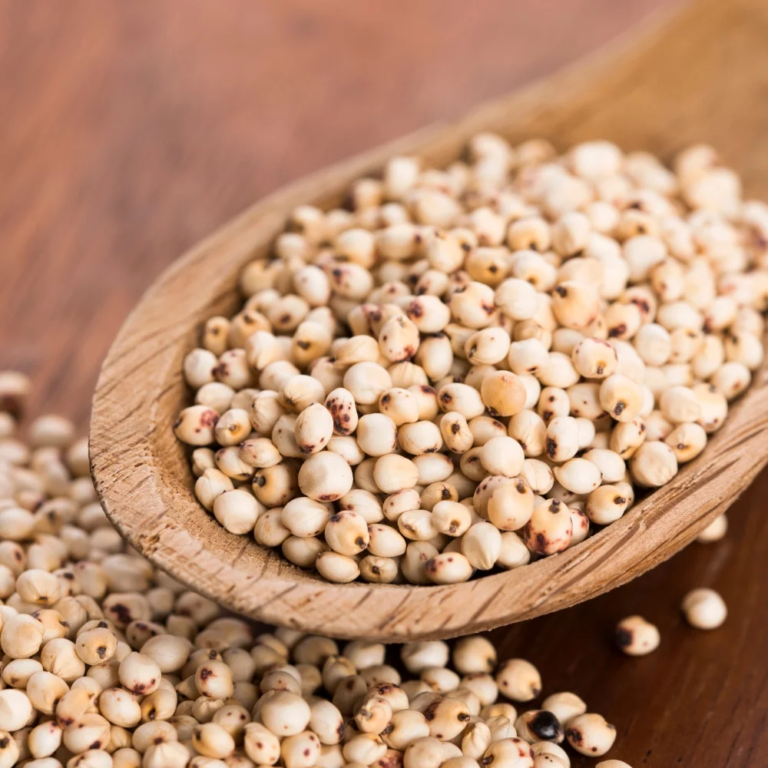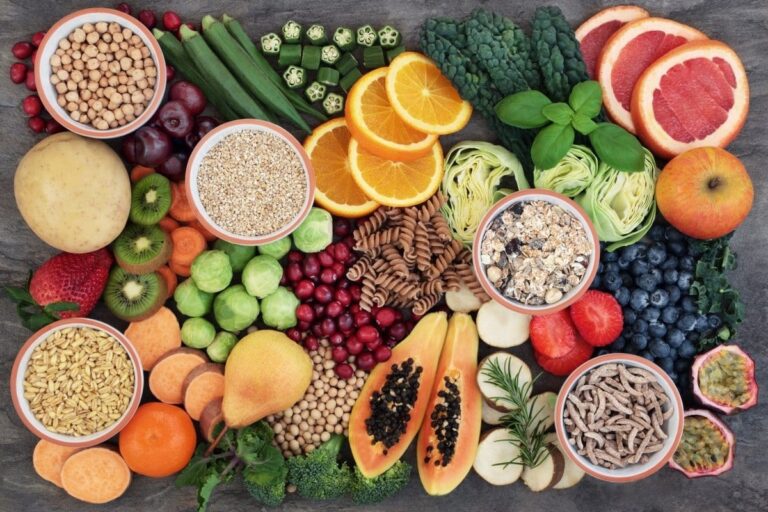Home » Healthy Eating
Healthy Eating
They say you are what you eat, so why not be a superfood? Welcome to a feast of healthy recipes, smart nutrition tips, and balanced diets that are as delicious as they are nourishing. This is your destination for bite-sized content that makes healthy living easy and enjoyable.

Healthy Eating: Your Guide to Better Nutrition and Wellness
Healthy eating is about consuming a balanced diet filled with a variety of nutrients that provide the body with energy and help it function optimally. Whether you’re aiming to maintain your weight, improve your energy levels, or enhance your overall health, making smart food choices is essential for living a healthy and vibrant life. This guide provides insights into the importance of healthy eating, the benefits it brings, and how to incorporate it into your daily routine.
What is Healthy Eating?
Healthy eating involves choosing whole foods such as fruits, vegetables, lean proteins, whole grains, and healthy fats while limiting processed foods, refined sugars, and unhealthy fats. It is about nourishing the body with the right nutrients to support both mental and physical health. A well-balanced diet can help prevent diseases, boost the immune system, and promote overall well-being.
The Benefits of Healthy Eating
Improved Heart Health
A diet rich in fruits, vegetables, whole grains, and lean proteins helps reduce cholesterol levels and lower the risk of heart disease.Weight Management
Consuming nutrient-dense foods can help maintain a healthy weight and prevent obesity-related conditions such as diabetes and high blood pressure.Increased Energy
Eating a balanced diet ensures that your body receives the essential nutrients needed to sustain energy throughout the day.Better Digestive Health
High-fiber foods such as vegetables, fruits, and whole grains promote healthy digestion and prevent issues such as constipation.Boosted Mental Well-Being
Nutrient-rich foods, particularly those high in omega-3 fatty acids, antioxidants, and vitamins, are associated with better brain health and reduced risk of depression and anxiety.
Key Components of a Healthy Diet
1. Fruits and Vegetables
Aim for at least 5 servings of fruits and vegetables daily. They are packed with essential vitamins, minerals, and antioxidants that protect the body from chronic diseases.
2. Whole Grains
Replace refined grains with whole grains such as brown rice, quinoa, oats, and whole wheat. These provide fiber, which aids in digestion and keeps you fuller for longer.
3. Lean Proteins
Include sources of lean proteins like chicken, fish, beans, legumes, and tofu in your diet. Proteins are vital for muscle growth and repair and help regulate various body functions.
4. Healthy Fats
Incorporate unsaturated fats such as those found in avocados, nuts, seeds, and olive oil. These fats support heart health and improve cholesterol levels.
5. Hydration
Drinking enough water throughout the day is essential for maintaining bodily functions such as digestion, circulation, and temperature regulation.
Tips for Maintaining a Healthy Eating Routine
- Meal Planning: Prepare your meals in advance to avoid unhealthy last-minute food choices.
- Portion Control: Be mindful of portion sizes to avoid overeating, even when consuming healthy foods.
- Read Labels: Check food labels for hidden sugars, unhealthy fats, and excessive sodium.
- Limit Processed Foods: Minimize your intake of processed and fast foods, which are often high in unhealthy fats, sugars, and empty calories.
- Mindful Eating: Pay attention to your body’s hunger and fullness cues, and avoid distractions like TV or phone while eating.








